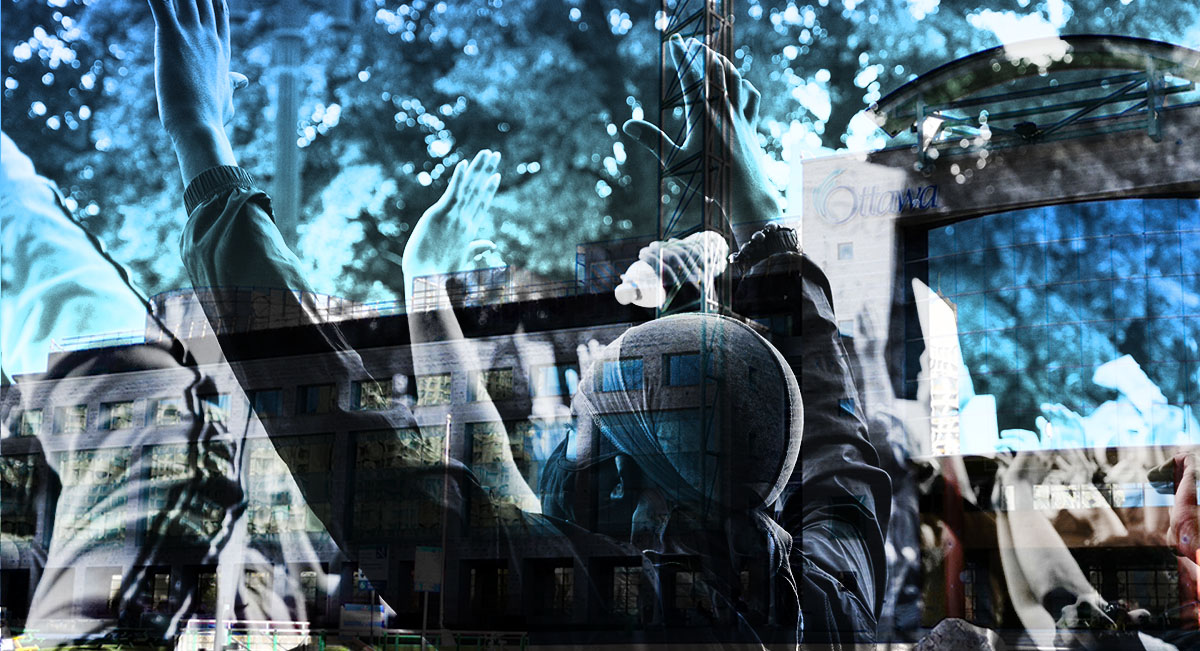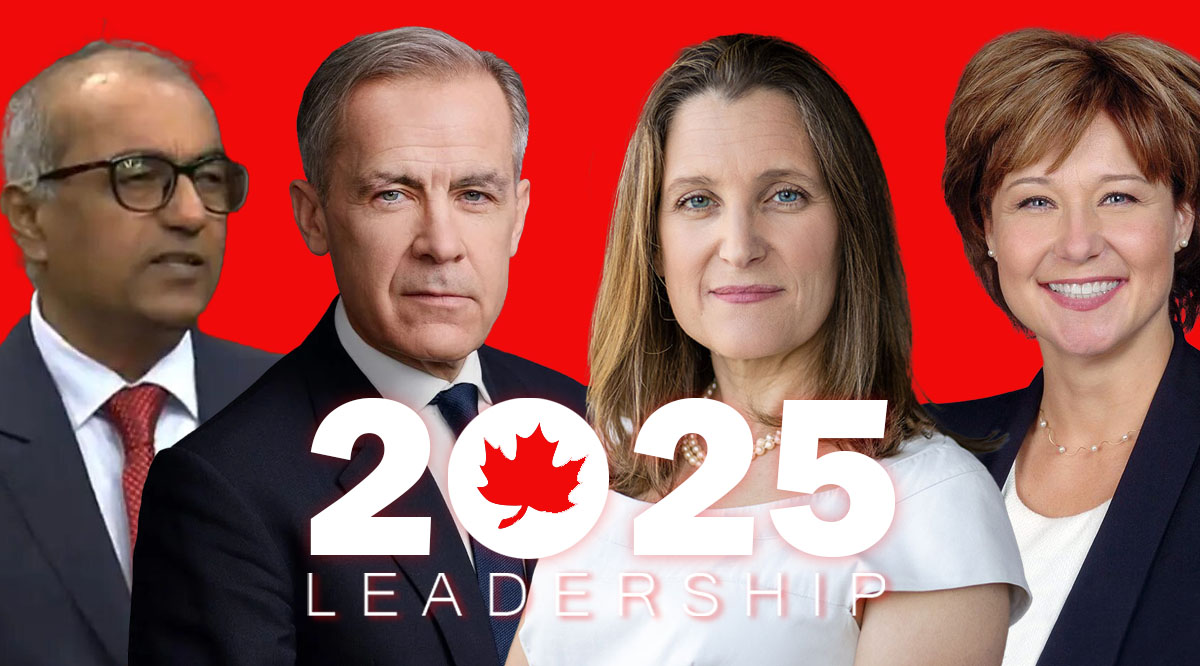
Ottawa City Council Authorizes Study of a Bubble Zone Bylaw
The Community Services Committee recently endorsed the Poverty Reduction Strategy 2025-2029 and requested that Ottawa Council ratify the plan during today’s meeting. In response to Councillor Theresa Kavanaugh’s inquiry about the consideration of food security systems, City of Ottawa staff confirmed that its inclusion in the strategy is being contemplated.
Councillor Rawlson King voiced his support for the motion, noting that over 70 organizations in the community were consulted during the drafting of the document. King further stated that with the strategy, the city has adopted a plan to address “poverty’s root causes” by focusing on five pillars: food security, employment, financial security, economic development, and integrated service pathways.
King also paid homage to the late Dianne Deans, whom he credits with paving the way for the strategy through her efforts on Council and at Crime Prevention Ottawa.
Councillor Ariel Troster told Council that the consultation process at the Community Services Committee was one of the most “devastating days”, recalling that over 20 food insecurity organizations attended the meeting with a message that “people in Ottawa were hungrier than they have ever been.”
Troster lamented that the food bank system needs a cash injection to keep people afloat. She further stated that the city should invest in charitable income tax clinics to the tune of $1.7 million because it would allow citizens of the town to claim up to $75 million in benefits from the provincial and federal governments. The current proposed funding amount is $150,000. Councillor Sean Devine echoed the belief that the funding of income tax clinics is insufficient. He pointed out that the proposed financing for the clinics is unchanged from last year.
Councillor Riley Brockington voiced his support for the Poverty Reduction Strategy, calling it a macro approach, but said he has “heard loud and clear that food security is a top priority.” The poverty reduction strategy motion was carried.
The Vulnerable Social Infrastructure Bylaw, also known as the bubble bylaw, brought forward by Councillor Hubley and seconded by the mayor, was discussed. The motion was to authorize city staff to study an option for a bylaw to protect sites from protests and harassment. A similar buffer zone bylaw was implemented in Vaughn, which restricts demonstrations within 100 metres or a reasonable distance from religious institutions, schools, childcare centres, hospitals, and congregate care facilities.
Councillor Jeff Lieper spoke to the motion, saying that he had been reading about the brutality of the First World War and pointed out that Canadian soldiers died for democratic rights. Leiper expressed that he is wary of abridging the right to protest, stating that nothing is ever black and white. However, he said he would support the study.
Councillor Ariel Troster expressed frustration with “creating bubbles for her community.” She noted that the struggle for LGBTQ rights began with protests, as well as the fight for women’s rights to access abortion. While Troster ultimately supported the motion, she emphasized the need for further dialogue.
Councillor Shawn Menard stated that the nation’s capital is a hub for protest, and the suggested legislation could affect various groups, such as students protesting tuition increases. He mentioned that cities refrain from enacting laws similar to those in Vaughan because they infringe upon rights, and he asserted that the municipality should not dictate the subjects of protest.
Councillor Sean Devine expressed opposition to the proposed bylaw, arguing that it might impede lawful protests and restrict freedom of expression and assembly. Councillor Riley Brockington remarked, “If there is criminal harassment going on in Ottawa, enforce the criminal code,” emphasizing that By-law officers are not the appropriate responders to incidents of criminal harassment.
Brockington also expressed support for the 2022 convoy protesters’ right to protest, but he opposed their three-week street occupation. Linking his message to law enforcement, Brockington noted that the Freedom Convoy became problematic for the city due to the absence of “rules of engagement,” resulting in a “lawless occupation of the city without leadership.”
Brockington expressed significant concerns regarding the proposed bubble bylaw, noting that the police already possess the necessary tools to enforce the law.
Councillor Matt Luloff called the idea a noble intent and said he would hear the staff arguments for the proposed bylaw, but said he is a free speech absolutist. In voting for the motion, he stated that his main concern is protecting the rights of people affected by protests, pointing out how Centretown suffered during the Freedom Convoy.
The motion for the study passed 22-3. The report will be returned to Council no later than Q1 of 2025.








